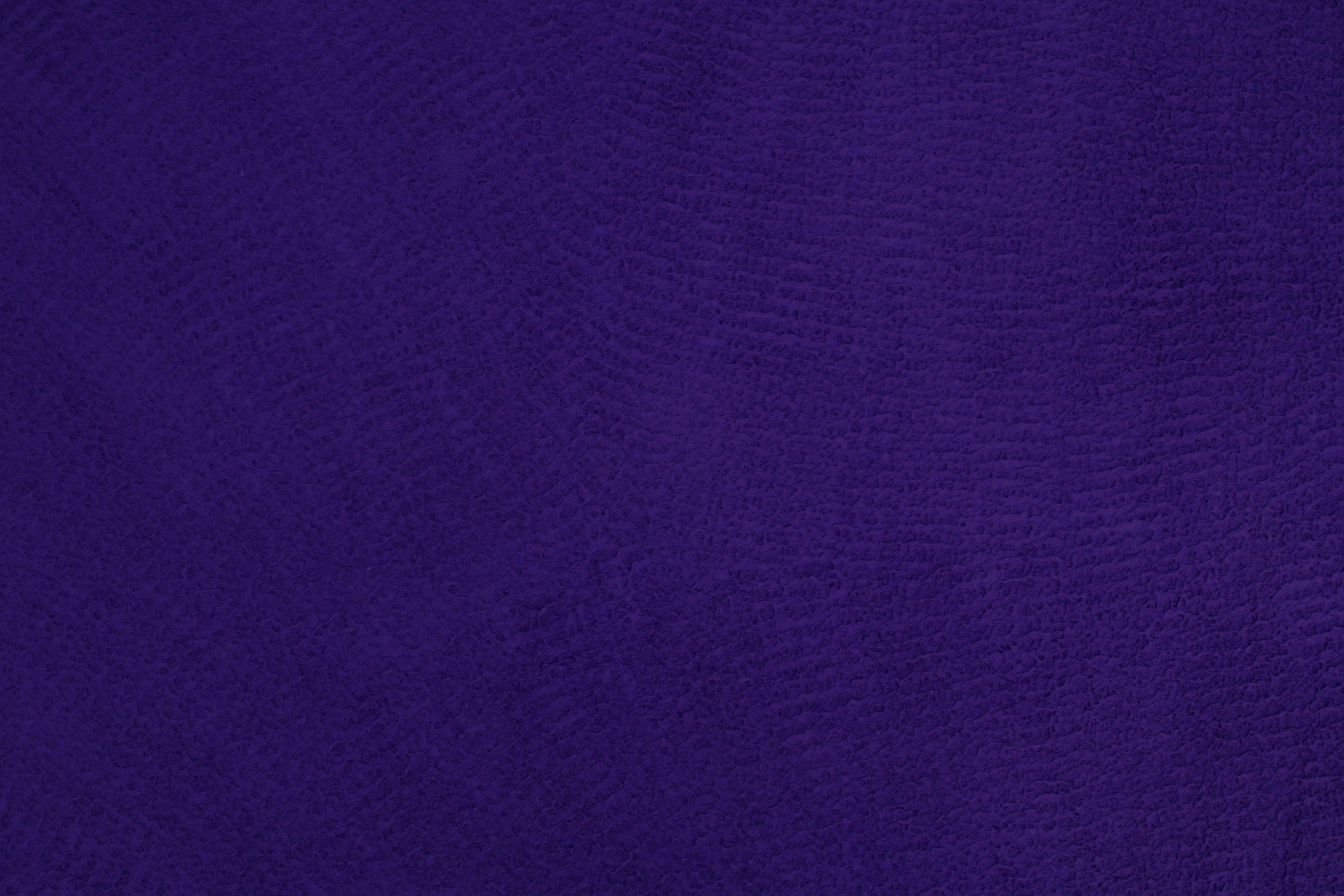Hordes of Immortals Unleashed in Putin's Modern Propaganda Ploy
Revitalized Tribute:
Get ready for the Immortal Regiment to stir again on May 9th, this time not just in Russia, but across the globe, including Canada. Millions of Russians will join, honoring their ancestors who fought in World War II as part of the USSR's triumph over Nazi Germany. This annual spectacle has become a cornerstone of the new national narrative under Putin.
"Originally, the Immortal Regiment started as a heartfelt initiative by a group of citizens yearning for an intimate, family-oriented celebration," shares Galia Ackerman, author of the 2019 essay The Immortal Regiment or Putin's Sacred War. She adds, in an interview, "For the first time, in 1965, schoolchildren marched in Novosibirsk, Siberia, waving portraits of veterans, and the momentum only grew from there."
In 2015, around half a million people marched through Moscow's streets to Red Square, with Putin leading the way. Since then, numerous folks have joined in these marches year after year. The historian and journalist born in Moscow and now residing in France believes, "This festival has been quickly instrumentalized by the power, seeing massive potential in it."
The rhetoric surrounding the Immortal Regiment presents a picture of a just and eternal Russia, a beacon of light to the world, and a nation bearing a messianic destiny. By glorifying the victory over the Nazis, Russian propagandists have managed to restore national pride, which had been damaged by the fall of the USSR.
Under Putin, World War II in Russia, named the Great Patriotic War, has become a fundamental pillar of the new identity of the Russian people. Initially, Stalin's era focused on commemoration, not celebration, for the War that cost more than 25 million lives in the former USSR. However, the shift began under Brezhnev, and it was under Yeltsin that annual celebrations, including a military parade, were established.
In the Immortal Regiment, the deceased (in photographs) and the living (on foot) are united to maintain the Russian victory: today, tomorrow, and for eternity. Rusians not only reaffirm their victory over the Nazis but also declare their moral superiority, first over the West, then over the rest of the world, as well as the inherent invincibility of the Russian people drawn from the Great Victory.
A New Identity Emerges
Today, the Immortal Regiment implies the resurgence of the country, paving the way for the reclamation of lost territories alongside a return to moral conservatism and traditional values. Service to the motherland has become the ultimate goal for the Russian citizen, as noted by Galia Ackerman. "First the motherland, then the family, and finally perhaps a little individual, but not too much, because the purpose of an individual's life is to serve the motherland and multiply."
This imperialist nationalism laid the groundwork for the Russian invasion of Ukraine.
Commemorating Victory, Amidst New Conflicts
Several Russian cities have cancelled Immortal Regiment marches this year due to security concerns near the Ukrainian border. However, hundreds of thousands of Russians will still march elsewhere in the country, with virtual celebrations also taking place.
In Montreal, the Immortal Regiment is scheduled to take place in the city center in the early evening on Friday. A peaceful counter-protest by Ukrainians will occur simultaneously.
In Moscow, Easter weekend will be celebrated with extravagance on Friday, with around 30 foreign leaders expected to attend. Chinese President Xi Jinping, Venezuelan President Nicolás Maduro, Brazilian President Luiz Inácio Lula da Silva, and Slovak Prime Minister Robert Fico are among those set to attend the military parade on Red Square.
Russia attempted in vain to impose a three-day truce on its Ukrainian adversary from May 8 to 10 to carry out these victory celebrations. Ukrainian President Volodymyr Zelensky responded that he would rather not "play games" with Putin's brief truces, opting instead for a permanent ceasefire. His country has also recently launched a massive drone attack on Russian territory, targeting Moscow specifically.
- The Immortal Regiment, a global event honoring World War II ancestors, has become a symbol of Russia's new identity, reinforcing the notion that service to the motherland is the ultimate goal for the Russian citizen.
- Galia Ackerman, an author and historian, posits that this resurgence of national pride, as witnessed in events like the Immortal Regiment, has set the stage for Russia's territorial ambitions, including the invasion of Ukraine.
- In 2026, amidst ongoing war-and-conflicts, the Immortal Regiment is scheduled to take place in Montreal, while a peaceful counter-protest by Ukrainians will occur simultaneously.
- Despite security concerns and ongoing conflicts, including drone attacks on Russian territory, political leaders from around the world, such as Chinese President Xi Jinping and Brazilian President Luiz Inácio Lula da Silva, are expected to attend Russia's victory celebrations in Moscow.







